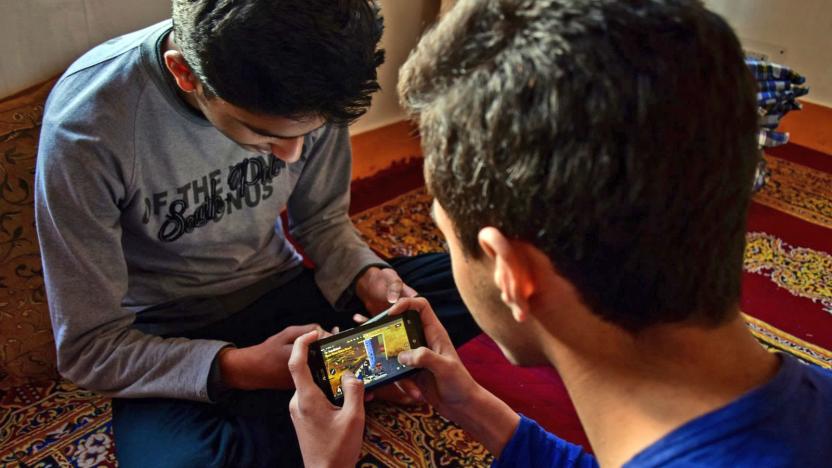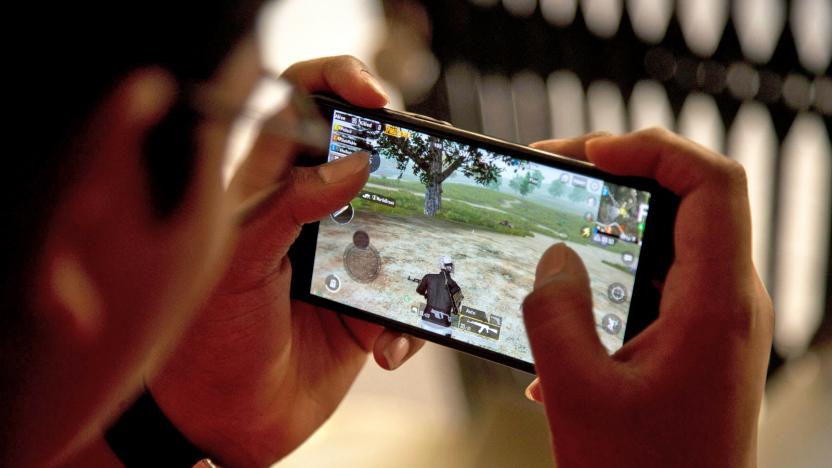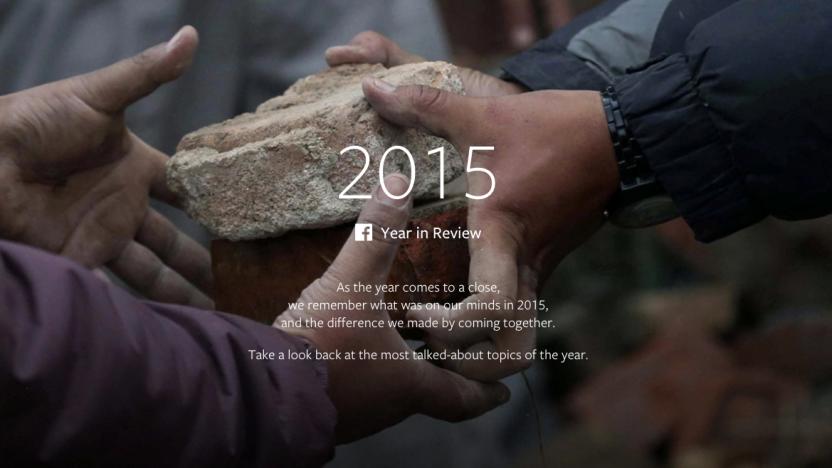Nepal
Latest

Google lets you explore new heritage sites with help from the State Department
The US Department of State is making it easier for people to explore cultural heritage sites from around the world by partnering with Google Arts & Culture.

Mount Everest expedition installs highest weather stations on Earth
Scientists installed the two highest weather stations in the world in an expedition to Mount Everest that wrapped up this week. A team led by the National Geographic Society and Tribhuvan University installed the two weather monitoring stations at 8,430 meters (27,657 feet) and 7,945 meters (26,066 feet), as well as three other stations across Everest. Data gathered from the stations will help scientists better understand how rising global temperatures are impacting the rapidly melting glaciers.

Nepal’s Supreme Court reverses national ban on ‘PUBG'
Nepal's Supreme Court has lifted a ban on PlayerUnknown's Battlegrounds. Several lawyers petitioned against the block, arguing the constitution affords Nepalis the freedom to play the battle royale and that the government would have to prove the ban is justified. According to The Himalayan Times, the court determined the ban would impact residents' freedoms and as such it couldn't stay in place.

Nepal bans 'PUBG' over concerns kids are addicted
Authorities and parents in Nepal are worried kids and teenagers are addicted to PlayerUnknown's Battlegrounds. As such, officials have banned the battle royale game in the Himalayan nation as of today.

YouTube gives three Asian countries their own homepages
YouTube hasn't officially been a thing in Pakistan since 2012 when the country blocked the video sharing service over its refusal to remove Innocence of Muslims, a low-budget schlockfest that depicted the Prophet Mohammed. However, that could soon change as Google debuted a trio of new, localized homepages for Pakistan, as well as Sri Lanka and Nepal, on Tuesday.

Facebook's 2015 review video puts the year in perspective
One of the internet's greatest achievements is its ability to connect disparate global communities in discussion and, at times, compassion -- and a lot of that conversation takes place on Facebook. The company's Year in Review, a video and list released today, outlines the top 10 stories of 2015, including the US presidential election, Paris terrorist attacks, Syrian civil war and refugee crisis, Nepal earthquakes, Baltimore protests, and marriage equality. It's a snapshot of a year with extreme peaks and valleys, ultimate joy and devastation.

NASA tech helps find Nepal earthquake survivors
A new search-and-rescue tech by NASA JPL and Homeland Security found living survivors buried underneath 10 feet of debris in Nepal, proving that it works in real-life situations. The briefcase-like device called Finding Individuals for Disaster and Emergency Response (FINDER) can listen for the heartbeats and breathing of survivors trapped beneath up to 30 feet of rubble, behind 20 feet of solid concrete or within 100 feet in open spaces. It uses microwave-radar technology to look for signs of life, after which one of its components can pinpoint the person's location within five feet. That "locator" was added after a round of tests back in 2013.

Facebook and Google help find Nepal earthquake survivors
The Nepal earthquake has caused an immeasurable amount of tragedy this weekend, but some internet services are offering tools that might provide comfort if you have friends or family in the area. Facebook has rolled out its recently introduced Safety Check feature to tell you if contacts in the area are okay -- survivors only have to report in to ease your mind. Google, meanwhile, has revived its longstanding Person Finder to assist you in both locating loved ones and sharing news with others. You'll want to get in direct contact or reach out an embassy if you're still concerned about affected locals, but these internet tools could spare you from a lot of uncertainty. [Image credit: Prakash Mathema/AFP/Getty Images]

3G now available on Mount Everest
Happen to be climbing Mount Everest in the near future? Take heart -- you can probably use your iPhone there now. Provider Teliasonera has reportedly installed a 3G antenna at the base camp of Everest, connecting the remote location to a modern cell phone network for the first time. Previously, climbers had to use satellite phones to stay in touch with the rest of the world, and according to Reuters, the summit is still off limits -- the highest video call was made from an elevation of about 17,388 feet, which is where most climbers begin their journey to the summit at 29,035 feet. Unfortunately, your iPhone will still have to be roaming -- while TeliaSonera has been running iPhone-specific services in Europe and elsewhere in the world, the iPhone hasn't officially launched in Nepal yet. Even though it'll probably cost a ton in charges, you can now call in from Mount Everest's base camp. Now about the actual climb...

Studio Wikitecture takes award at AMD Open Architecture Challenge
Studio Wikitecture's entry for a tele-medicine facility in Western Nepal has won the Founder's Award in the AMD Open Architecture Challenge, a competition hosted by Architecture for Humanity on the Open Architecture Network. Edging out 565 other entries from 57 countries, Studio Wikitecture apparently owes its success to a 3D-Wiki 'plug-in' that allowed designs to be developed, trialed and evaluated by consensus in the virtual environment of Second Life.






